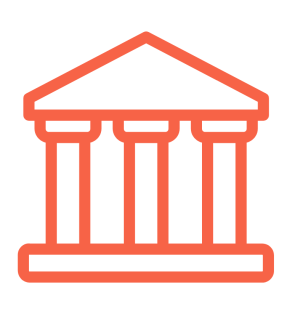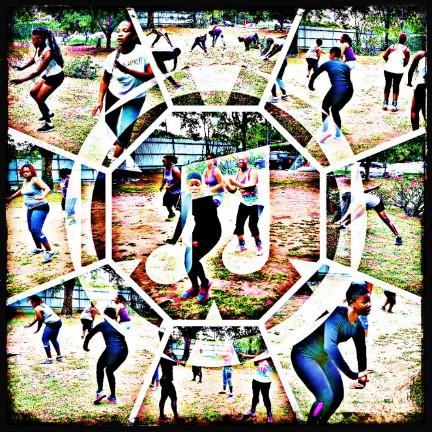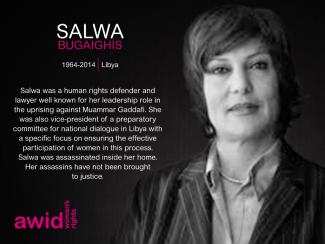Feminism, motherhood and the struggle for gender equality
“In our struggle for equality, we tend to forget that women are also mothers (if they chose to be). We should not be ashamed of our ability to give birth to a human being. The rights of mothers are also women's rights. Being a mother and a feminist is not a contradiction” says Aleksandra Miletić-Šantić, a lawyer and single mother of three children.
Aleksandra is originally from Mostar in Bosnia and Herzegovina (BH). She currently lives and works in Sarajevo as a BH focal point person for the Council of Europe’s Human Education for Legal Professionals Programme. She is also a specialist in the Monitoring and Evaluation of Development Programmes.
The years 1992-1995 was a tumultuous period in war torn Bosnia and Herzegovina when Aleksandra worked as a War Studio of Mostar correspondent for the Sarajevo-based Radio-Television BH. The multi-ethnic Studio had been created with the goal of being a source of optimism to citizens and as part of an attempt to preserve cultural and artistic life under abnormal conditions. This studio was attacked and subsequently closed. In 1993 it was permanently destroyed when the building it occupied with the Headquarters of the BH Army was set on fire.
Aleksandra’s journalistic background and experience of living through armed conflict as a young woman has made her a passionate advocate for peace building.
In her current professional capacity she works on the implementation of the United Nations (UN) Security Council Resolution 1325 on Women, Peace and Security. She has designed and facilitated training programs on gender and security, and also engages with the UN Women Office in BH to support national gender mechanisms in the implementation of the Resolution 1325.
“In the ideal world, being a feminist would be a matter of decency as it would be considered normal that all people have the same rights and liberties. That would include all rights - civil, social, economic and political.”
For the past 15 years, Aleksandra has been working on the improvement of human rights in BH, and was one of the pioneer gender advisors for the Common Security and Defence Policy missions of the European Union (EU).
In her role as gender advisor for the EU Police Mission (EUPM) in BH she introduced the action plan for gender mainstreaming as a tool that focuses on improving the internal position of women staff members, while integrating gender in the EUPM mandate activities in BH.
Aleksandra’s dream of a better world drives her in the work she does:
“My dream is a world where everybody will be able to achieve their full potential, where not a single person will know about poverty or insecurity. Sadly, so many years after the adoption of basic human rights instruments, a way of life is still not a matter of individual choice.”
Aleksandra has been an AWID member since February 2014.
“I have become an AWID member as its mission and the way it is implemented strongly correspondents to my ideals. I also cherish the way AWID treats its members by paying due attention to every single member regardless of any basis. It makes every member feel as an important actor of change.”





